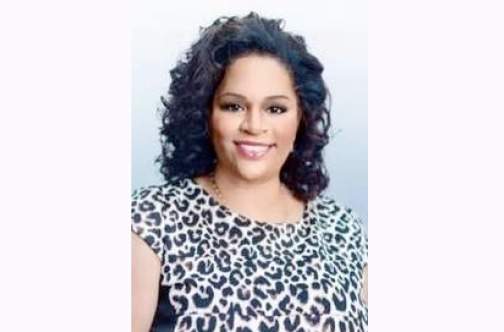Women’s roles have been evolving for years — we see women balancing being homemakers, their careers, and their investments. Let’s look at what are the contributing factors affecting women in our world and how their investment strategy is perceived.
Many studies have shown that women are far less aggressive than men when it comes to investing. One theory is that women earn lower salaries (compared to men in similar positions) in most areas of their expertise, and the result is a smaller pay cheque and a cautious approach to investing.
Another theory concerns women as caregivers and how their maternal instincts play a role in how they invest. This conservative approach to investing is generally associated with a variety of traits, including greater risk aversion, more concern about losses, and less frequent trading. This could be considered a negative to making money in the financial market, however this is not necessarily so in the changing market to which we have grown accustomed.
Critics argue that women need to be more aggressive because of longevity and the risk/reward trade-off. Women tend to outlive men and this longevity argument implies that women should adjust their risk for the long term.
The fact that women tend to live longer than men suggests that they will need more money for expenses and necessities for more years down the road for example rent, food, utilities, health insurance, medication and hospital expenses/ long-term care, among other things. Women are therefore encouraged to take greater levels of risk to get a greater return, based on their life expectancy and expected cost of living.
Since a more conservative approach to investing means less risk taking, women are likely to earn less from their investments when compared to the earnings men are likely to generate over the same period. These factors suggest that women will end up with less money than they might need to pay the bills during their “golden years”.
However, it is because women have less testosterone, some argue, that they are less prone to making irrational decisions and are more likely to weather the storm and bubbles in the investment market.
http://www.jamaicaobserver.com/sunday-finance/female-investment-habits_137928








Leave A Comment